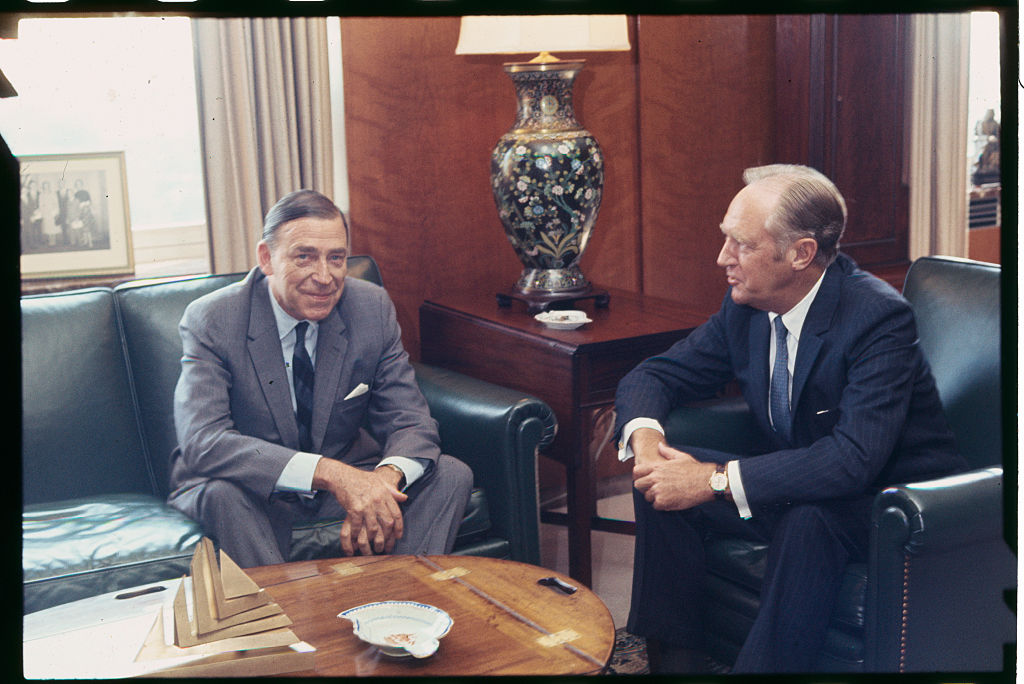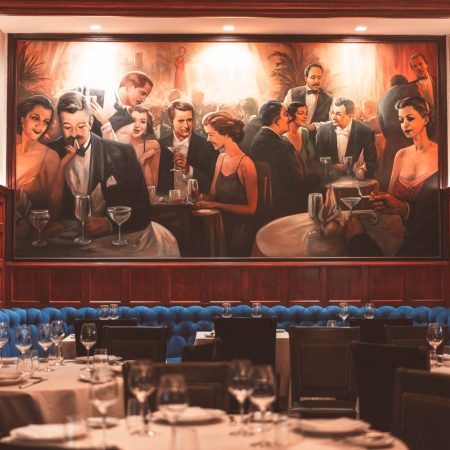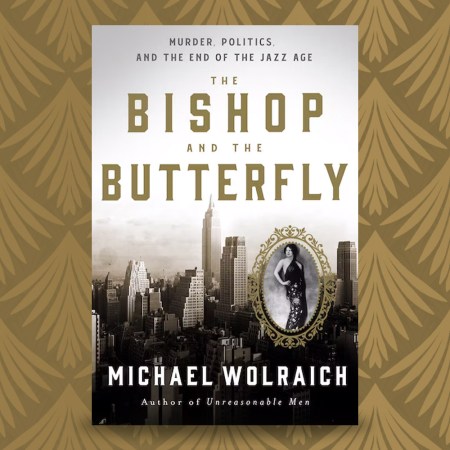Elvira Elbrick was downstairs, preparing sugary goodies to eat and denim jeans to give away at an upcoming diplomatic “bazaar” in Rio de Janeiro, Brazil, when her secretary ran down.
“Don’t disturb me,” Elvira said, “because I’m tagging these Levis and I’ve got cupcake frosting on my fingers, and I’ll be up later. What’s the matter?”
“No, no, it’s very urgent,” the secretary said. “It’s an emergency.”
So Elvira went upstairs where the secretary told her the news: “Your husband has just been kidnapped.”
It was September 1969 and Elvira Elbrick was the wife of C. Burke Elbrick, the American Ambassador to Brazil.
Elvira was told that her husband had been riding in his limousine and was going down a side street in downtown Rio when it was intercepted by a Volkswagen.
“They dragged the chauffeur out… and tore out the telephone, put a tarpaulin on Burke in the back of the car, and two of them with rifles at his neck…” Elvira said.
The Elbricks had been in Brazil for less than two months after years in Yugoslavia and Elvira had been excited to be in Brazil, according to an interview she did in 1986 with the Association for Diplomatic Studies and Training.
The men who grabbed Burke, who said they were part of the Eighth of October Group, left a note behind at the site of the kidnapping. The demanded the release of 15 political prisoners from Brazilian jails.
The kidnapping came during one of the darkest moments in Brazil’s modern history.
Fearing the South American nation would slide towards communism, the U.S. had supported a military coup in 1964. The military officers involved promised a swift return to democracy, but instead, after getting power, they cracked down harshly on free speech and dissent, jailing political foes and torturing them in prison.
“Although some victims have spoken about the horrors of that dark time, it seemed many Brazilians preferred to forget,” The Washington Post reported on the 50th anniversary of the coup in 2014.
The kidnapping was a way to fight back.
“I felt very proud,” one member of the group, Fernando Gabeira, told the BBC in 2011. “At that time I thought that it was a very important thing.”
Gabeira, a young intellectual at the time, said he was the one who had acquired the safe house where Burke was held – but that it was only supposed to be a place to print a dissident newspaper when he first rented it.
In the BBC interview, Gabeira acknowledges the emotional trauma Burke’s kidnapping was likely causing his wife, but his almost wistful tone of the whole incident doesn’t match the real pain Elvira said she felt.
“I don’t think I really absorbed it at the time; it’s sort of like a death, a little bit worse because… the fear of the unknown was the worst,” she said. “And I began to think I would rather hear that he was dead and not suffering wherever he was…
Burke had fought back when he was grabbed, which prompted one of the attackers to pistol whip him in the head.
“They put him in front of an electric light bulb in a garage with a white wall on a three-legged stool all night long that first night — he was taken at 10 minutes past 3:00 after lunch and it went on all night long,” she said.
They treated him better later on, she said. Once her husband asked his captors, “Why do you rely on violence with an innocent victim like myself knowing nothing about your country, or your politics?” Elvira said the men told him they did it because otherwise their government wouldn’t listen to them.
They were right. Shortly after the kidnapping Gabeira said the group tested the government by asking them to get one of the news channels to read a statement from their group. When they did, Gabeira said they knew the government was willing to negotiate.
Though some Brazilian military offers were reportedly against negotiating with the kidnappers at all, within a week — and with some pressure from the U.S. — the Brazilian government caved and released the 15 prisoners. Gabeira and his accomplices released Burke.
“To coin the understatement of the year, I am glad to be back,” Burke said in a statement upon his release. “I am glad the kidnappers lived up to their word.”
Burke later said of his kidnappers, “They definitely were not gangster types. They were intelligent — young, intelligent, determined fanatics — the sort you wouldn’t argue with too vehemently.”
Many of the kidnappers were eventually caught, and some reportedly died in prison. Gabeira was also arrested but he, in turn, was freed after other militants kidnapped a West German official. He went on to become a popular journalist and politician in Brazil.
C. Burke Elbrick retired from the Foreign Service in 1971. He died in 1983.
This article was featured in the InsideHook newsletter. Sign up now.
























